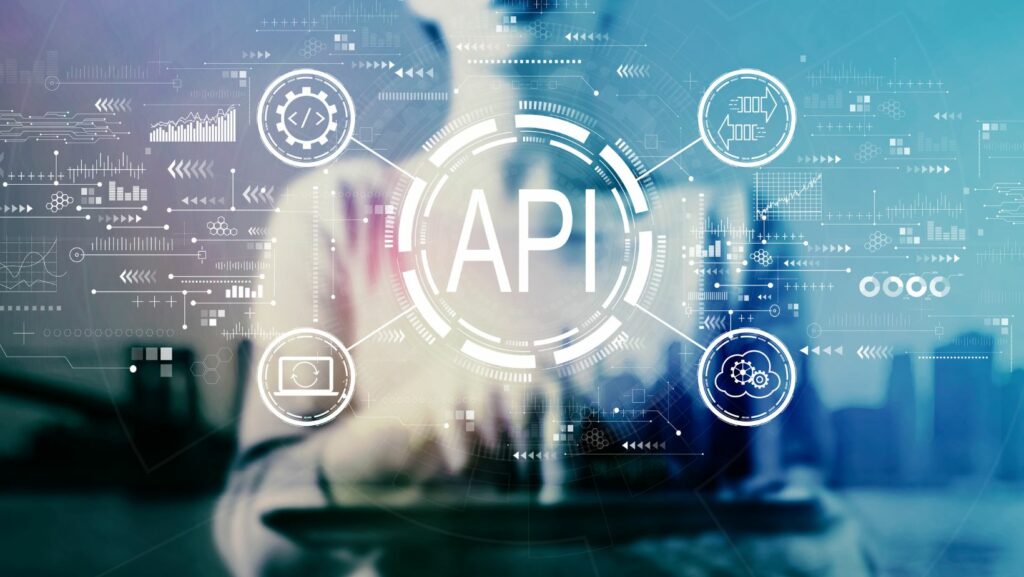
API integration is critical in allowing different software to communicate smoothly in the current world where things are digital and connected. Disparate systems can collaborate through APIs by transmitting live data and exchanging functions. Nevertheless, every coin has two sides. Have you ever thought about the potential outcomes of insecure API integrations? What dangers do they pose, and what measures can be taken to protect your sensitive information?
The Importance of Security in API Integration
Any organization interested in improving its activities, offering good client experiences, and incorporating other companies’ solutions must use APIs. The convenience and effectiveness of APIs cannot be underestimated as they help achieve this objective. Nevertheless, while serving their purpose well, APIs come with their share of security threats. An API under threat could expose critical information and be prone to possible data breaches, loss of customer trust, and monetary loss.
For instance, when utilizing API integration services, ensuring the data exchange process is secure is crucial. Imagine a scenario where an attacker exploits a vulnerability in your API, gaining unauthorized access to your database. The consequences can be catastrophic, ranging from stolen customer information to disrupted business operations.
Common Security Risks in API Integration
API integrations face a few standard security threats. One of such risks is the need for proper authentication and authorization. If you do not take the time to validate the users authorized to use this, they may access some very unsafe APIs, which could result in them stealing and corrupting data. Another huge issue is the hazardous data transmission. Data becomes an open prey that hackers can easily misuse if it is sent in plain text format without encryption.
It’s also hazardous when there is no rate limit. When an API does not restrict how many requests a user or IP address can make, it becomes easy prey for DDoS attacks, leading to system downtime. In addition, inadequate monitoring and logging could delay breach discovery, giving malicious people opportunities for exploitation over long durations.
Ideal Practices for Securing API Integrations
To keep your data safe when carrying out API integration, you must follow several recommendations. First, make sure that solid authentication and authorization are in place. Tokens, OAuth, and other API keys can help identify the user and determine their level or rights of entry into some given resources.
Secondly, it is essential to encrypt all data at rest and in transit at all times. Through encryption, even if the information is exposed, third parties cannot read it. In addition, rate limit controls how much one uses your API, including determining the number of requests a single user allows within a specified period.

Monitor and audit your API logs continuously for any signs of abnormal behavior. If you detect anything unusual early enough, you can react to potential risks without any delays. Finally, think about using API gateways for extra security. By handling tasks such as rate limiting, authentication, and data transformation, API gateways reduce the vulnerability of direct assaults on your APIs.
The Role of API Integration Services in Security
The security of your API connections highly depends on API integration services. Specialized teams provide such services, and they ensure that your APIs have been integrated safely while following all the required protocols. To illustrate, the ASD team is one such company that provides complete API integration services, emphasizing safety first, from development to deployment.
In selecting an API integration service, go for providers who stress security. Ensure that they carry out comprehensive security testing and offer continuous post-implementation support for any vulnerabilities discovered. By using expert API integration solutions, you will be able to reduce any hacking attempts targeting your data and information.
Secure Your APIs, Protect Your Data
To sum up, businesses should secure their API integrations from a technical and business perspective. The importance of securing data using strong security measures has increased with the increase in cyber threats. Securing your API links through tight authentication, encryption, or engaging specialized API integration services could stop expensive intrusions into trade and keep businesses running smoothly.




